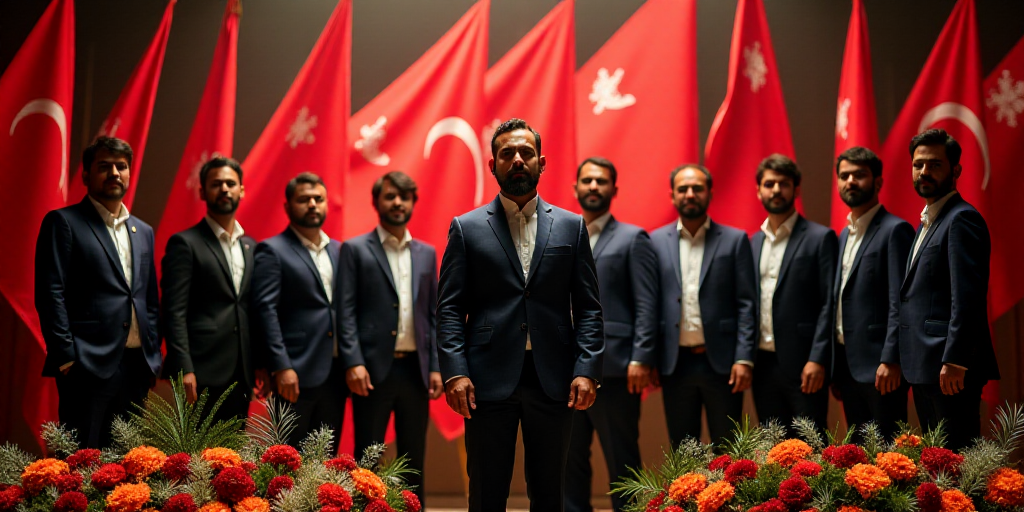Key Figures from Chile, Spain, Brazil, Colombia, and Uruguay Issue Joint Statement
On July 21, leaders from Chile, Spain, Brazil, Colombia, and Uruguay gathered in Santiago for a summit of left-wing leaders, issuing a stern warning that “democracy is under attack.” The meeting comes amid rising tensions between Brazil and the United States over President Donald Trump’s trade policies.
Background on the Leaders and Their Relevance
The summit, held under the slogan “Democracy Always,” took place as far-right parties and governments have gained momentum globally. The participating leaders—Gabriel Boric (Chile), Luiz Inácio Lula da Silva (Brazil), Gustavo Petro (Colombia), Pedro Sánchez (Spain), and Yamandú Orsi (Uruguay)—are influential figures in their respective countries, each representing a distinct political ideology yet united by the common goal of defending democracy.
Key Takeaways from the Summit
During the meeting, participants emphasized the importance of regulating digital platforms and combating misinformation. Lula da Silva highlighted that all five leaders agreed on the necessity of these measures to protect democratic values.
Potential Reactions from the United States
Michael Shifter, from the Diálogo Interamericano think tank, cautioned that U.S. President Trump might view the summit as a hostile message towards the United States, given his strained relationship with left-leaning governments.
Future Expansion of the Summit
Chilean President Boric announced that leaders from Mexico (Claudia Sheinbaum), Honduras (Xiomara Castro), and South Africa (Cyril Ramaphosa) have already committed to participating in future iterations of the summit. Additionally, Boric mentioned that Prime Ministers Mark Carney (Canada), Keir Starmer (United Kingdom), and Mette Frederiksen (Denmark) are expected to join the discussions.
Key Questions and Answers
- Who attended the summit? Leaders from Chile, Spain, Brazil, Colombia, and Uruguay participated in the summit.
- What was the main concern discussed? The leaders warned about the threat to democracy and emphasized the need to combat misinformation.
- Why was this summit significant? The gathering brought together influential left-wing leaders from different countries to address the global rise of far-right movements and protect democratic values.
- How might the United States react to this summit? According to Michael Shifter, U.S. President Trump could perceive the summit as a hostile message due to his contentious relationship with left-leaning governments.
- Who is expected to join future summits? Leaders from Mexico, Honduras, South Africa, Canada, the United Kingdom, and Denmark have either committed or are expected to participate in future summits.






